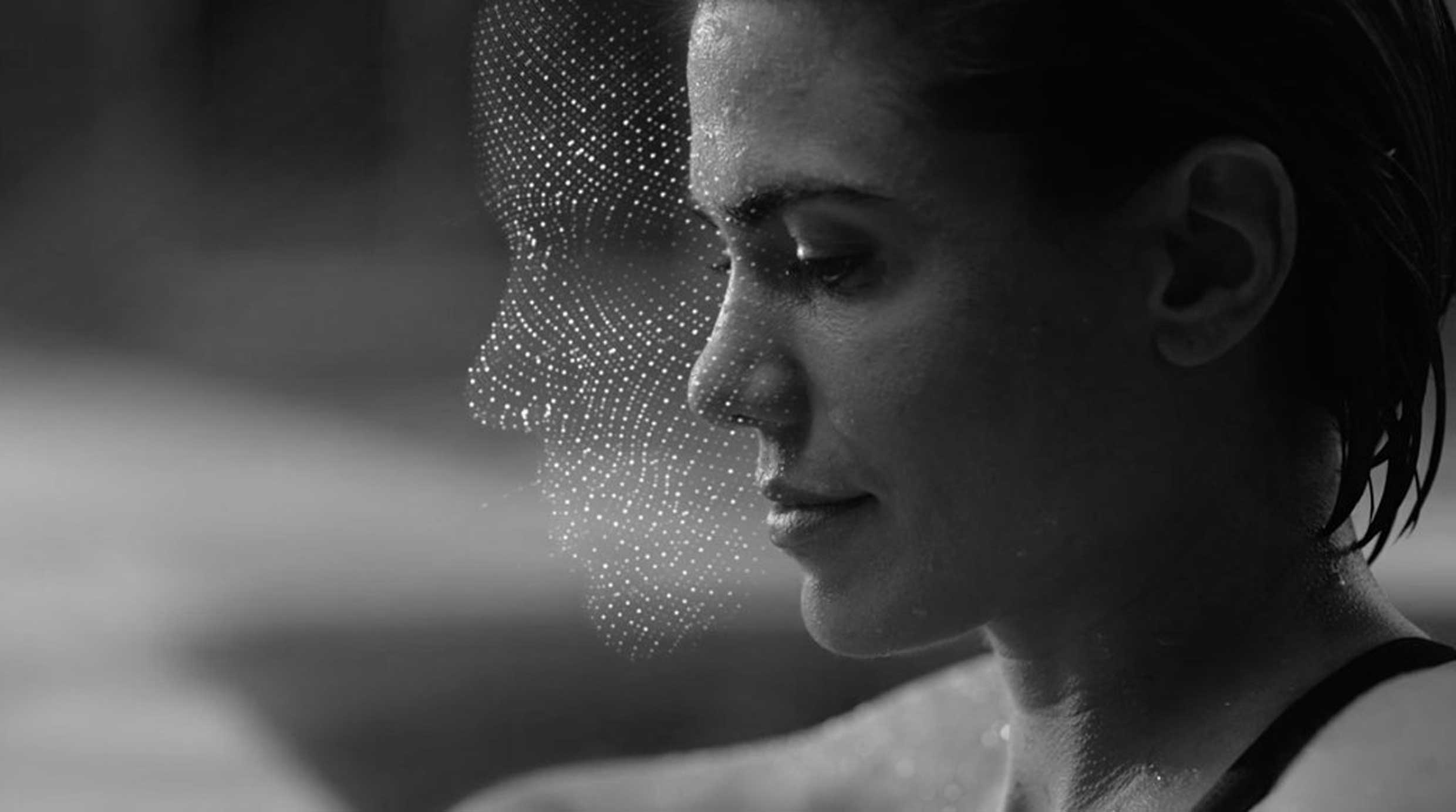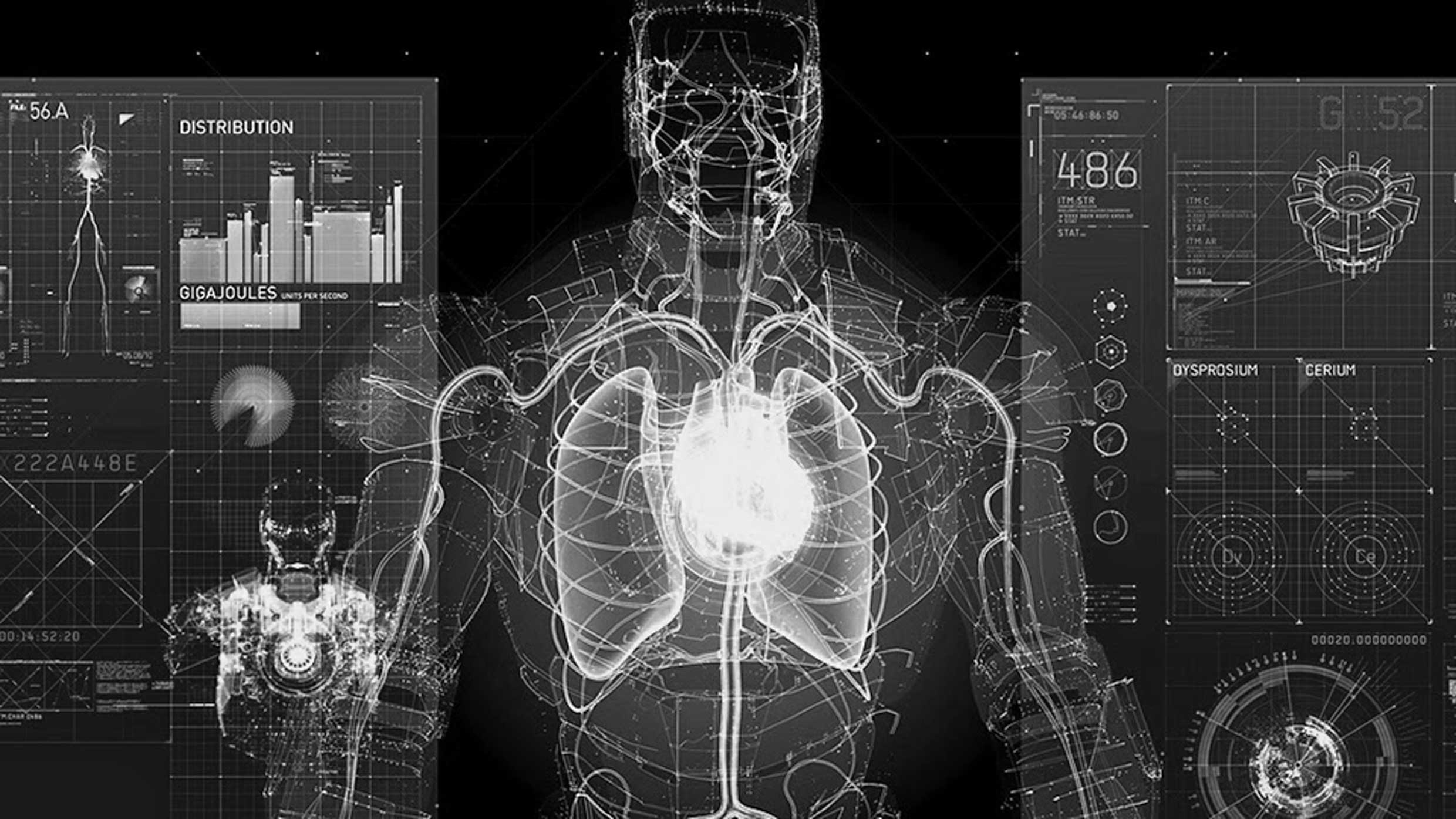We’d all like to think we know what a “lying face” looks like. Realistically, most of us can’t remember a face, let alone understand all the secrets a face hides. Surprisingly, our faces hold way more information than you’d ever imagine, like the amount of pain you’re in, your IQ, and possibly even your cultural beliefs. Now, facial recognition technology is learning how to discover this information.
Feel the Pain
About eight months ago I came down with a pretty bad ear infection. For three weeks I came and went to the doctor, trying different medications and treatments.
But, there was a big problem. The only measurement of the drugs’ efficacy was my subjective response to the question, “How much pain are you in?” And this is the case for so many doctor’s visits.
We all know that subjective feelings are unreliable. Rating your pain on a scale of 1-10 gives us little baseline at all to go off of.
Which is why researchers at MIT want to get rid of subjective feelings in treatment by using a facial recognition algorithm that can detect your pain levels by studying your face.
Trained on thousands of videos of people wincing in pain, the algorithm creates a baseline for each patient based on common pain indicators – generally, movements around the nose and mouth are telltale signs.
So far, the algorithm is 85% successful at weeding out the fakers. Meaning that people trying to fake pain to get prescription painkillers will soon be out of business.
And within the next ten years, I predict most hospitals will use this technology to better treat people across all conditions. Putting on a brave face so you can just get the heck out of that horrid hospital won’t be an option once this goes mainstream.
Turns out there’s a lot more to be learned from our faces.
Endless Possibility in Facial Recognition
Skilled portrait artists seem to know how to paint wear and tear in people’s faces. The wrinkles tell many stories. And now, Michal Kosinski, a researcher at Stanford University, claims that in a few years facial recognition algorithms will determine someone’s entire personal history through their facial features.
Initially, Kosinski went viral when he published research stating that facial recognition algorithms could determine whether someone is gay or straight. While the statement ruffled many feathers, the facts show he isn’t too far off. His research correctly distinguished gay from straight 81% of the time in men and 74% of the time in women.
Then, he upped the ante, claiming that the future of facial recognition research is overflowing with possibilities. From health quality to personality traits, IQ to likelihood toward negative behaviors.
Kosinski has reason to believe the government may already employ these technologies. If it’s true, then the future could be worrisome if the technology isn’t further democratized. For that reason, he makes these bold predictions to push public research further.
It’s common knowledge that the government invades a bit of our privacy, hopefully for good purposes. But, on the facial recognition side, I’m not so sure.
Regardless, if there’s anybody in the world that can act on all of these facial possibilities…
Facebook: The Mecca of Faces
With a cache of 2 billion unique users and multiple photos for each person, Facebook is ground zero for facial recognition technology.
It was the first widely used commercial application of facial recognition when it could identify friends in your photos before you could.
Sexual orientation, IQ, criminal tendency. Does Facebook analyze these things? I don’t know. But, they may be analyzing political views.
Kosinski claims that political views can also be ascertained from a single photo. Which is something Facebook would be really interested in, considering Mark Zuckerberg is showing all the signs of running for President.
The 2016 U.S. Election was tarnished due to the prominence of fake news on Facebook. But, imagine if Zuckerberg knew which way you were leaning based on your photos. Facebook, theoretically could deliver different campaigns to different people – playing to the issues that they support.
Facebook could find common ground between potential voters and Zuckerberg’s campaign with ease, should this technology become a reality.
Once again, this is all theoretical…but could you imagine how hard it’d be to compete with that campaign?!
A lot of technological advancement on the horizon (facial recognition included) is disturbingly invasive. Unfortunately, it’s the world we may have to live in. And you’ll have to face those facts.
Face the Facts
We spend a lot of time in denial. Very few of us actually know who we are. We haven’t faced the facts because sometimes the facts are too hard to bear.
For instance, I lived in the denial of my listening abilities for a long time. Having spent so much time as a DJ, I learned how to listen to two or more sounds at once while still maintaining another stream of consciousness.
This multi-task listening bled into all areas of my life. I believed that I was a great listener. But, when I’d gotten into more serious conversations my empathy didn’t show.
This showed me that emotions can’t multi-task and I had to face the facts that I was a bad listener in many scenarios.
As the philosopher, Soren Kierkegaard said, “Face the facts of being what you are, for that is what changes what you are.”
Until you understand yourself, you cannot change yourself. To know yourself is easier said than done. We don’t find ourselves in the hectic places of civilization. We find ourselves in the lonely places of contemplation.
I appreciate you taking the time to read this week’s Quick Theories! And shoot me an email with your thoughts on facial recognition technology.



Facial and spatial recognition comprise the fundamental building blocks of a truly trustable interface. Using physiognomy to police or judge users is the wrong entry point into the market. You mean you’re going to study my face to see if I’m lying about the pain I’m in, when you have the technology to swim upstream a little farther, determine that I might be a ‘tortured soul’, and could be offering interventional support tools (avatar-based), modeled to my precise preferences, that would assist and track my change management goals while eroding my psychological resistance with out all the friction??